Ken Watanabe Claims Asian Actors Were Only Cast As Stereotypes Until The Last Samurai
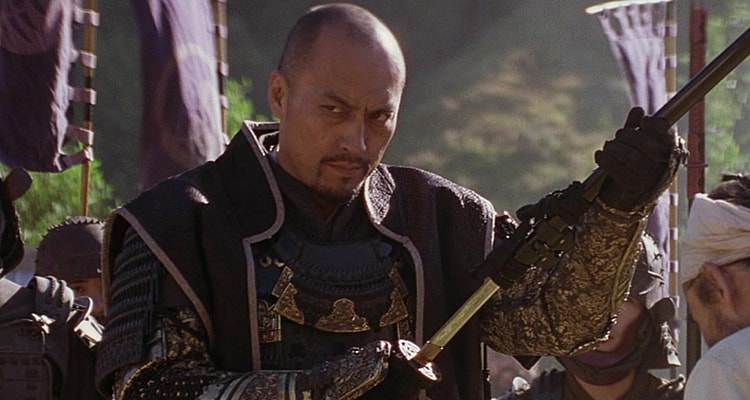
Pulling a card from the playbook of fellow actor Simu Liu, veteran actor Ken Watanabe has claimed that up until the release of his film The Last Samurai, Asians were solely depicted as stereotypically racist caricatures.
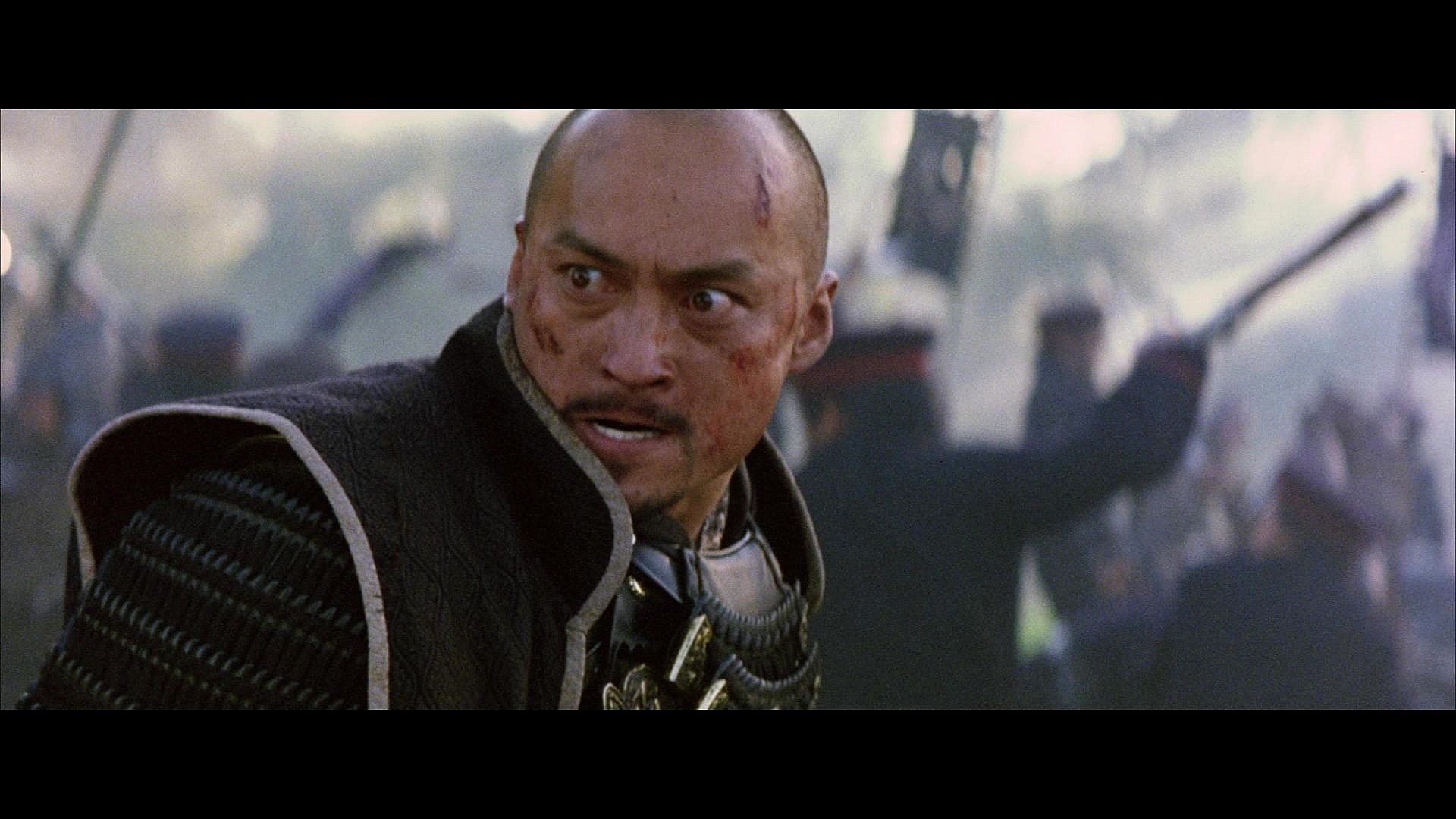
Watanabe offered his opinion on Asian representation in Hollywood during a recent interview with The Guardian given in reflection of his career and in promotion of his recent HBO Max series, Tokyo Vice.
Asked by outlet contributor Ann Lee for his thoughts on the accusations of white saviorism leveled against The Last Samurai over the years, many based on the misconception that the film’s title refers to Tom Cruise’s character, rather than Watanabe’s, the Batman Begins and Pokémon Detective Pikachu actor replied, “I didn’t think of it like that.”
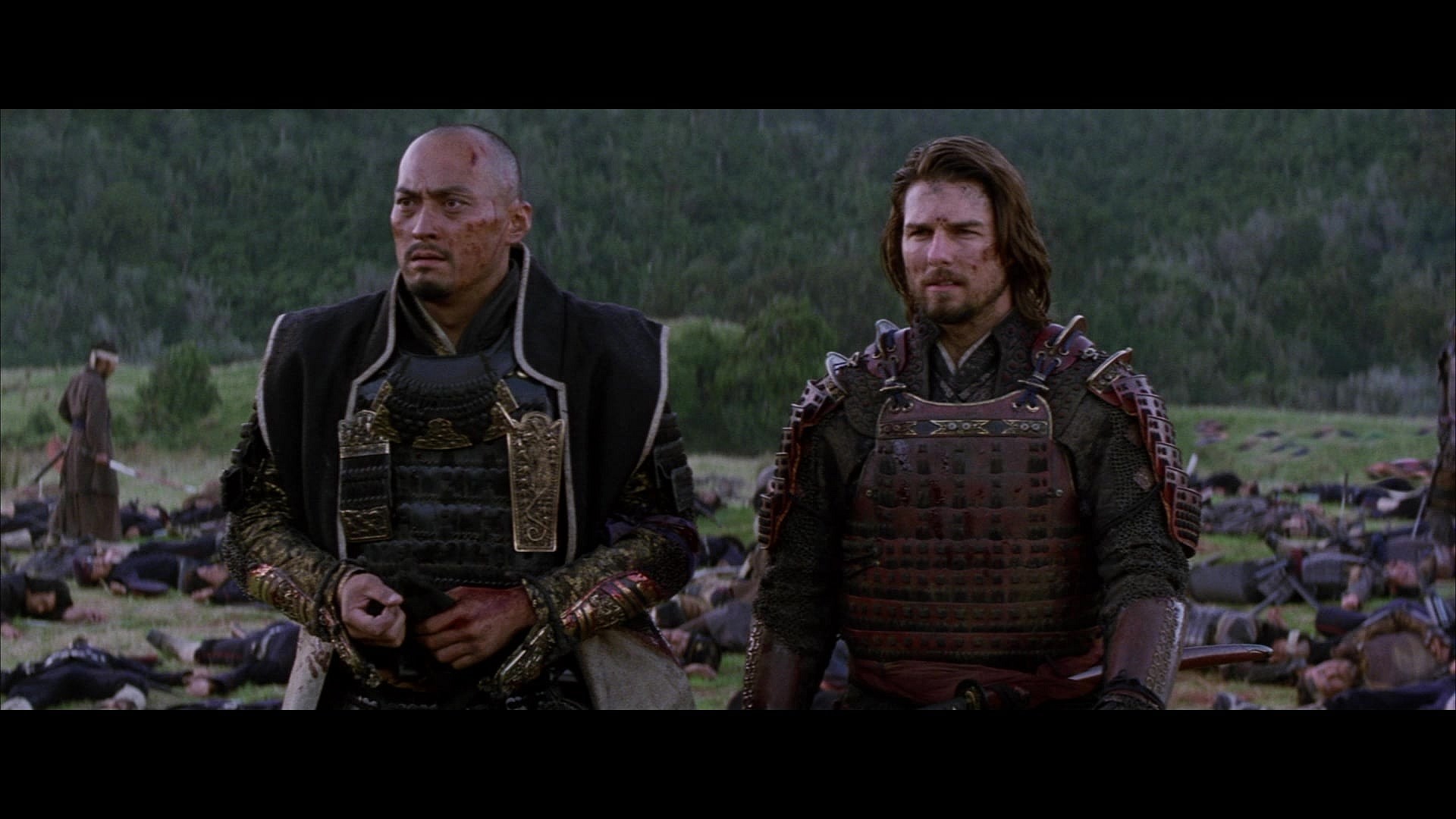
“I just thought we had the opportunity to depict Japan in a way that we were never able to before,” he told Lee. “So we thought we were making something special.”
Watanabe then asserted that “Before The Last Samurai, there was this stereotype of Asian people with glasses, bucked teeth and a camera.”
“It was stupid, but after [The Last Samurai] came out,” the actor added, “Hollywood tried to be more authentic when it came to Asian stories.”
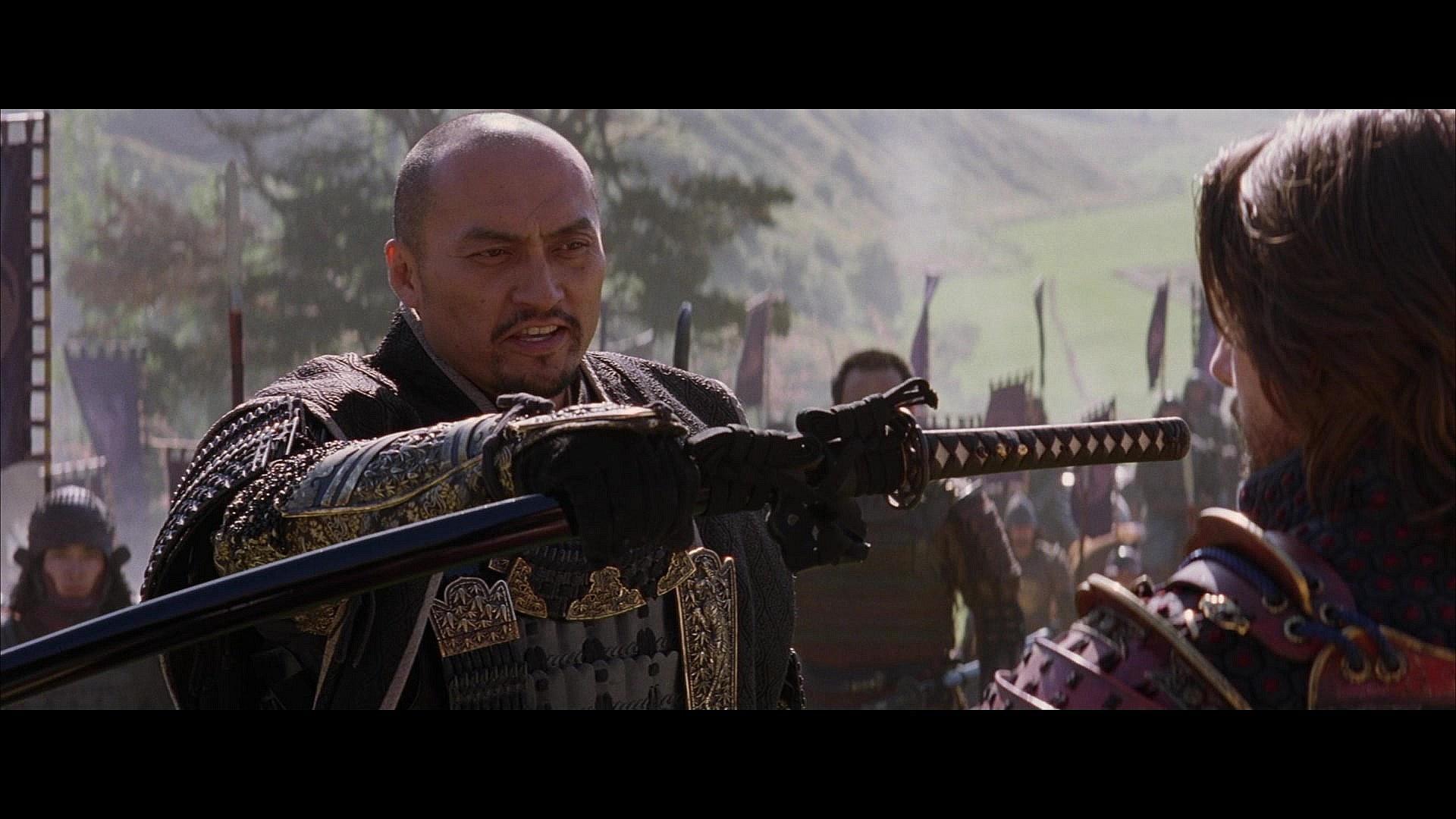
As noted above, Watanabe’s opinion echoes the rhetoric regularly put forth by Liu, the star of Marvel’s Shang-Chi and the Legend of the Ten Rings, that up until recent years, Hollywood was brutally racist against Asians.
“Let’s put it this way; in 2012 when I first started out, I thought that maybe if I worked really really hard, I could be a guy that gets beaten up by one of the main characters one day,” Liu recalled to a fan during a Reddit AMA held in August 2021. “That was the pinnacle for actors that looked like me.”
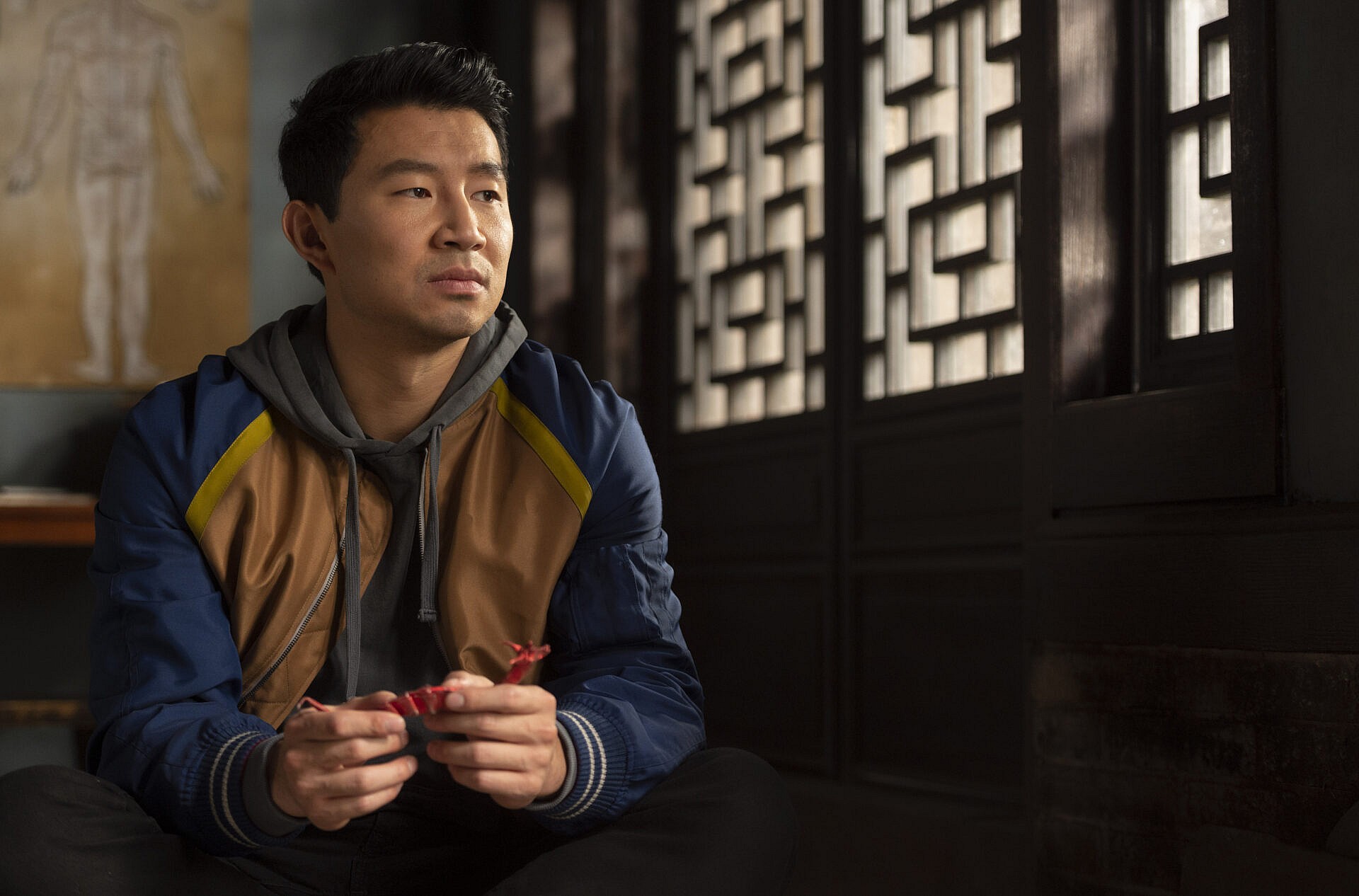
“I’m ashamed to say that I’ve put on the most ridiculous and offensive accents in the past, all because I thought that it was more important to give the casting director what they wanted than to be true to myself,” Liu continued. “Over time, as I toiled about in the industry and struggled to find my footing, I started to realize all of the ways the industry discriminated against us… and that we needed to become the masters of our own narrative… because the way that we were being portrayed was not positive or authentic.”
“That’s why representation behind the camera is just as important as in front,” he concluded.
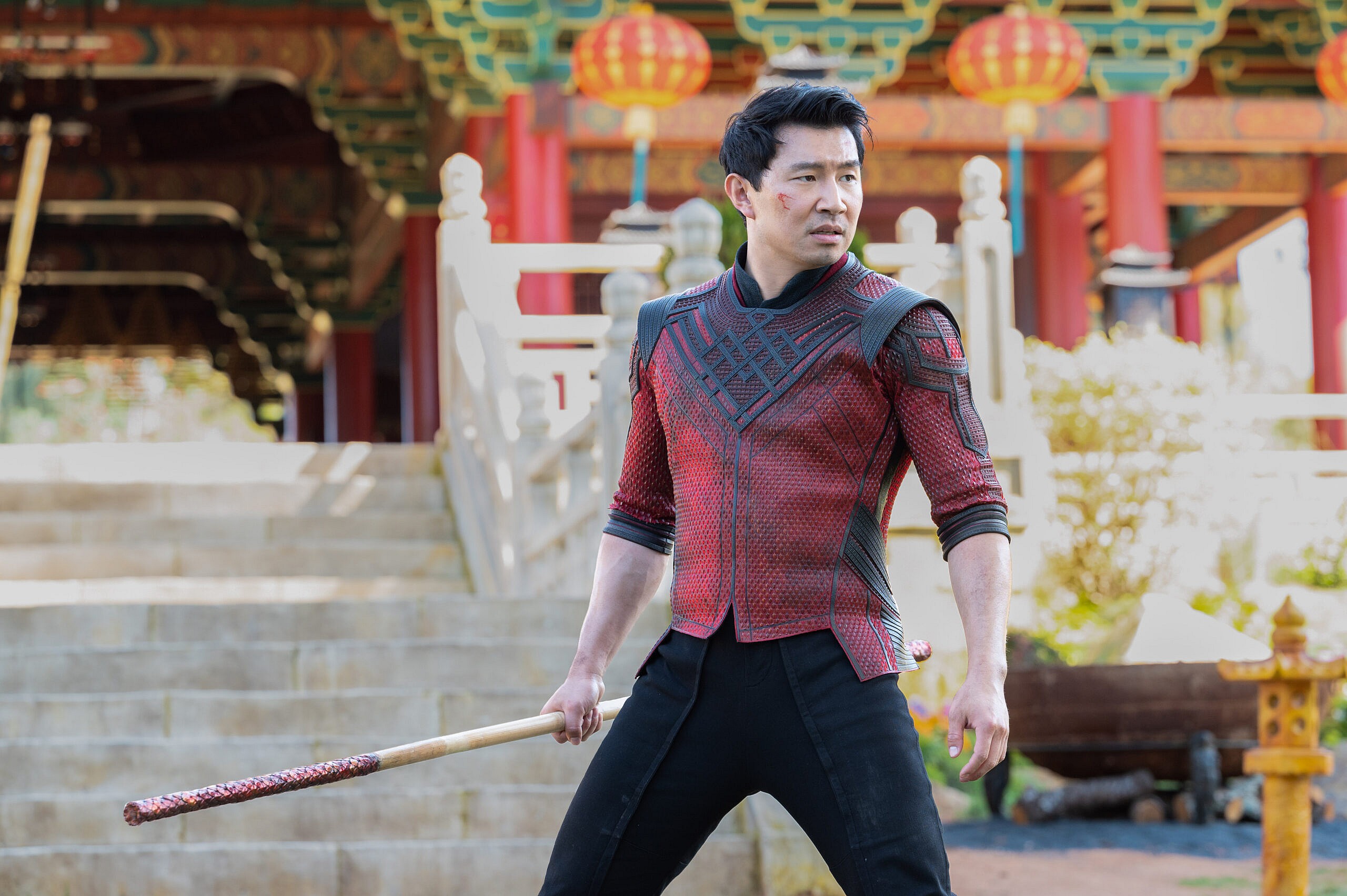
Admittedly, unlike the Marvel star, Watanabe cites the early 2000s as the turning point for Asians in Hollywood rather than last year and doesn’t claim to have been any sort of heroic figure in the conversation.
Yet, he still posits that Asian actors were relegated to nothing more than stereotypical roles until 2003, an assertion that falls flat with even a cursory glance at the history of Asian actors in Hollywood.
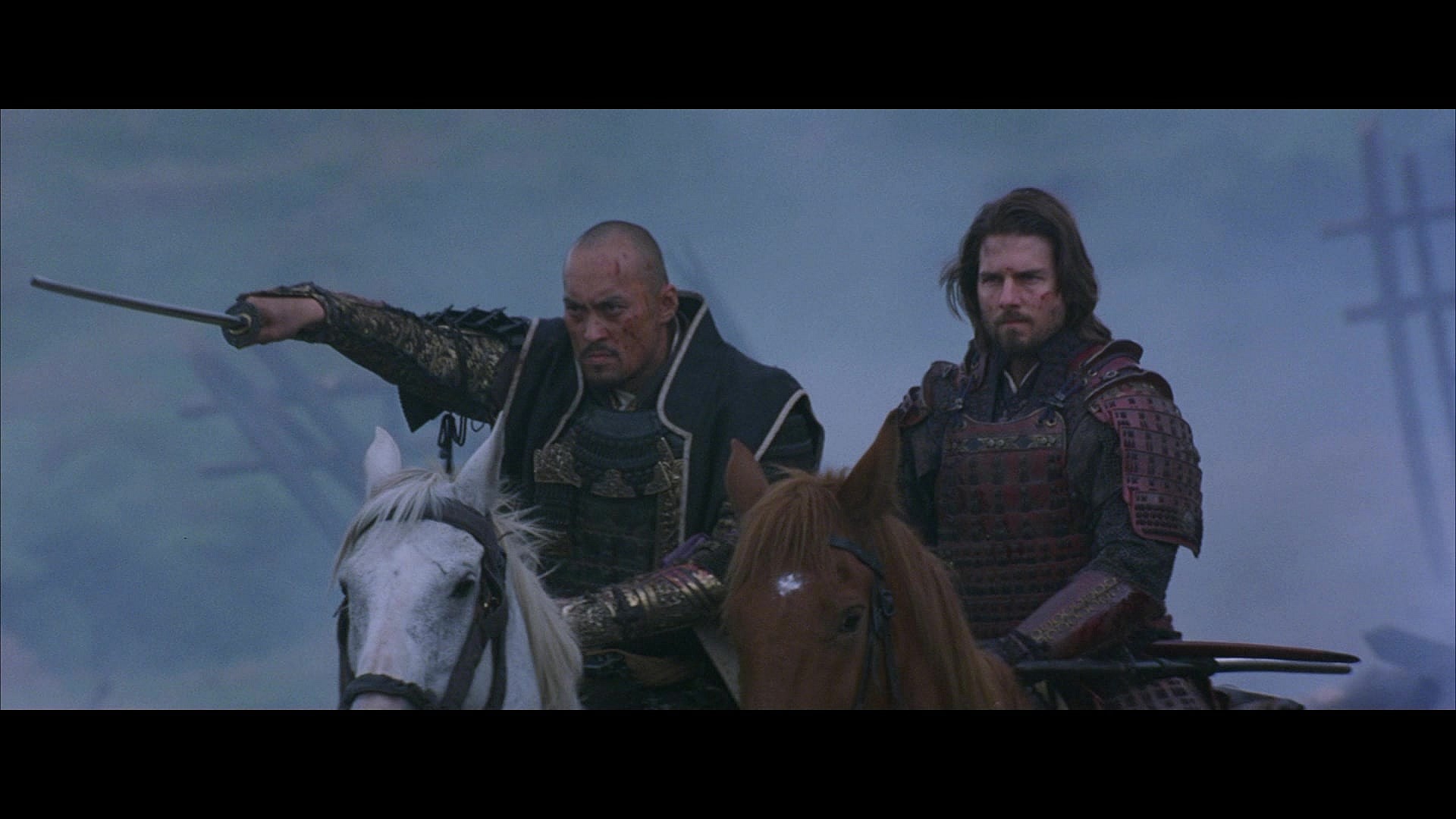
While such stereotypically racist depictions did exist at one time, particularly in the pre-1950s era of Hollywood, Asian actors have since gone on to embody far more varied roles than simply ‘buck-toothed foreigner.’
In 1966, Asians got what was arguably their actual turning point in Western media representation with the debut of George Takei on Star Trek, whose Captain Sulu was shown serving as the senior helmsman and chief physicist of the USS Enterprise.

The 1970s saw the rise of Bruce Lee, whose athletic feats as a master of hand-to-hand combat on the big screen not only captivated Western audiences, but were so lauded that he eventually became ingratiated into the US cultural zeitgeist as a respected household name.
Likewise, the 1980s and 1990s saw Asian actors not only continuing to thrill audiences with over the top martial arts films, as seen in the then-rising careers of Jackie Chan and Jet Li, but also portraying such ‘respectable’ roles as doctors, for example Ming-Na Wen’s Dr. Jing-Mei Chen on ER, and military commanders, as seen with Daniel Dae Kim’s Lt. John Matheson on Crusade.
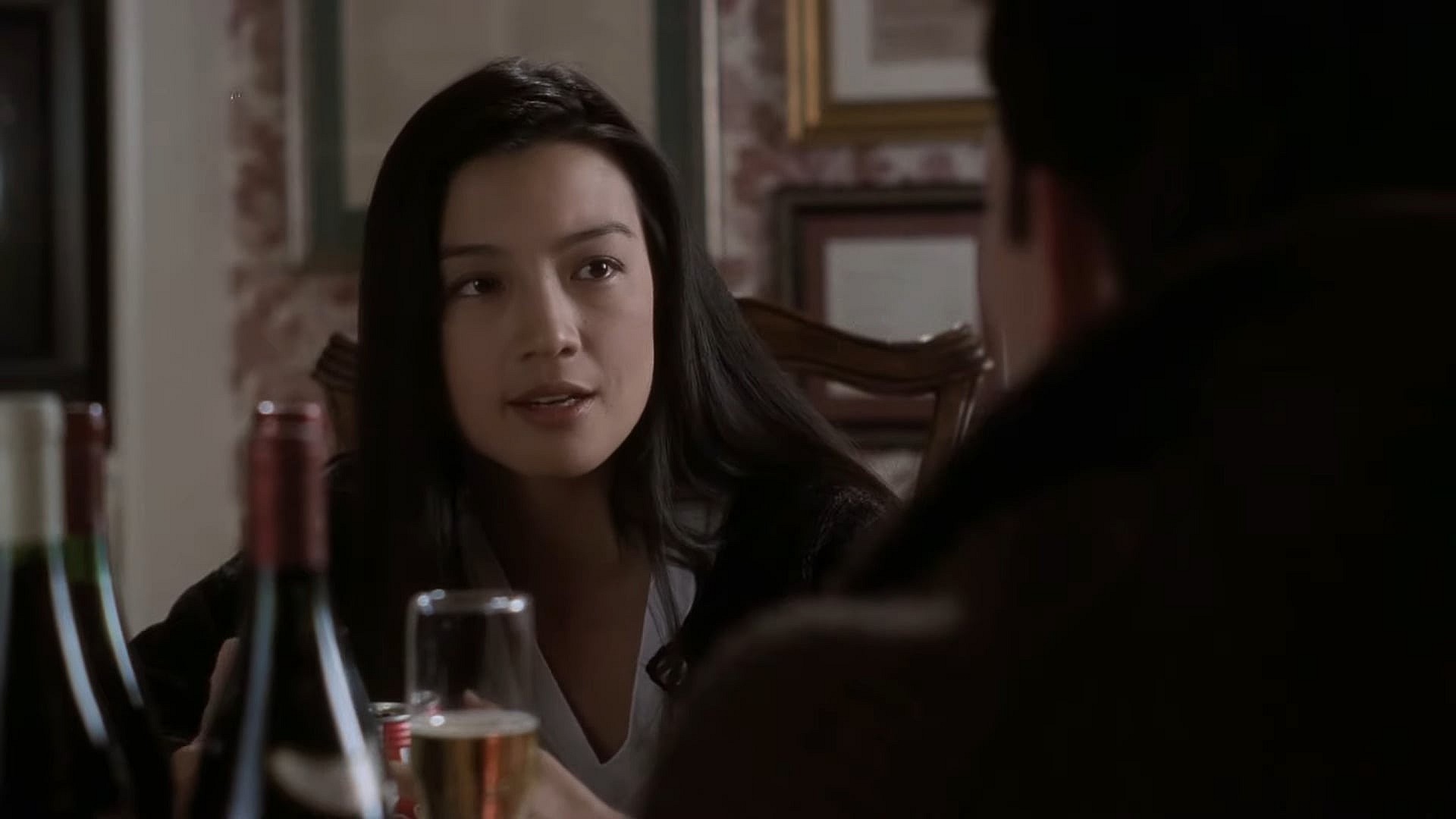
Ultimately, while Watanabe’s assertion seems more misguided in comparison to the arrogance of Liu’s take on the subject, it still disingenuously centers recent events in the here and now and in doing so erases the actual history of Asian actors in Hollywood.
What do you make of Watanabe’s take on Asian representation in Hollywood? Let us know your thoughts on social media or in the comments down below!
NEXT: Mattel Apologizes After Tokyo Olympics Barbie Criticized For Not Being ‘Visibly Asian’
